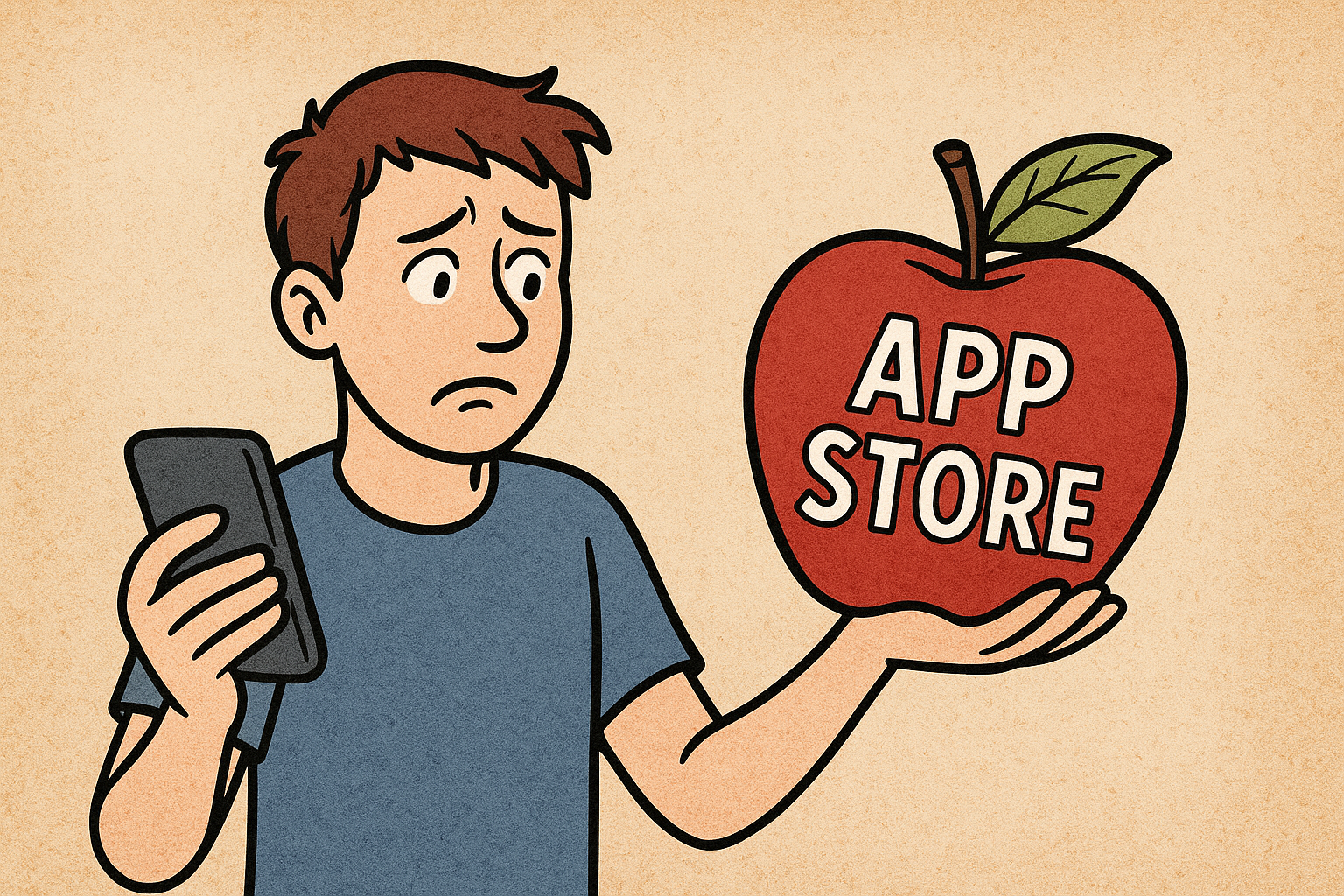
As we are dealing with app stores and realizing that we are going to have to censor some of the content if we want to comply with their rules, I started thinking how stupid it really is, why is it that we always have pushback from someone at the top.
Don’t you want decentralized uncensored social media? If something doesn’t generate interest, then it simply fades away, but it is not censored, sounds perfect to me.
Then I started reflecting on the past, and how eventually we might not have to worry about any of this, as technology always seems to win.
When I was a kid, I started hearing about this new thing called the internet. I still remember the first person who mentioned it to me. They told me I wouldn’t need to spend hours researching things in books anymore—I could just look them up and find the answer immediately.
That idea stuck with me. The possibilities seemed huge, even if at the time my imagination only went as far as thinking about how it might help me cheat on school assignments. That was about the extent of my “evil” plans.
I wasn’t aware of politics yet, but later I learned that the internet was a political issue too. Governments wanted to censor it and regulate it. It seems to me they failed. Sure, some rules exist, but they don’t do much. With a little knowledge, you can hide your location, bypass blocks, and access content that isn’t supposed to be available in your country. Technology is hard to suppress, especially when the people writing the laws don’t fully understand how it works.
The next wave I saw was Voice over IP (VoIP). I was almost 20 when I first heard about it, and it immediately made sense: it was going to make phone calls cheaper, especially international ones. By then, I had a better understanding of how governments and companies tried to protect their interests. In Ecuador, where I grew up, the national phone company made a lot of money on long-distance calls, and they didn’t want to lose it. But cyber cafés (as they called them over there) started popping up everywhere, offering cheap international calls over the internet.
Some entrepreneurs took it even further. They set up Linux servers running Asterisk PBX to route calls over VoIP, connecting them to local phone lines abroad. It worked, and people saved a lot of money.
The phone companies hated it and pushed to make it illegal. For a while they managed to slow it down, but eventually they lost. Today anyone with a smartphone can make international calls for free. The idea of paying extra for a long-distance call would sound insane to a kid born in the 2010s.
Now we are at probably the most disruptive technology ever, crypto, decentralization, governments are trying to do what they always do, censor it, regulate it, neutralize it, but this time seems more uncontrollable than ever before. Value transferred without them in the middle. Not sure what they can do.
This brings me back to my first thought, this time it is not the government censoring us, but the big guys, Google, Apple, they will not simply let an app such as the one we made be completely unregulated, unmoderated, so we are forced to play by the rules, we will make the apps available under the test store, for the real hardcore users, and maybe with time the big companies will realize censoring is stupid.
Maybe in the future we will have decentralized app distribution, I learned while writing this that it exists under the Solana network, maybe I should start thinking of selling my iPhone and jump on this. Anyway end of rant, I just have to wait and technology will prevail, in the meantime people that download the app from the App Store might not see all content.